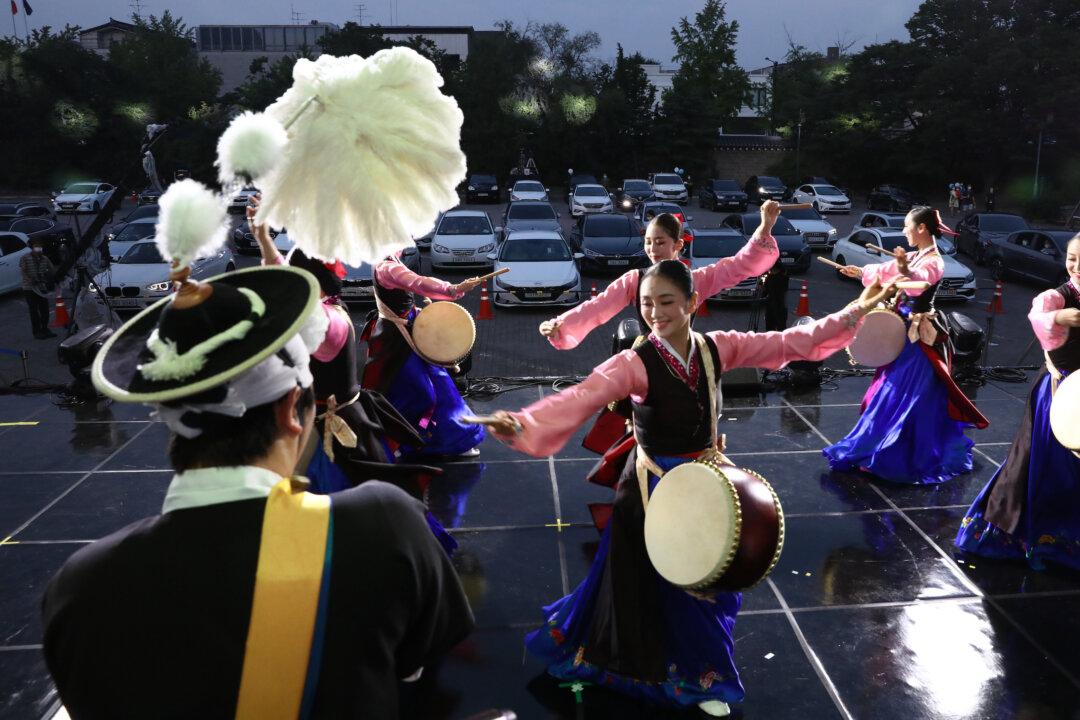South Korea’s president said on Sunday that his administration will work to uphold the constitutional values of freedom to democracy, as he recalled the 1980 pro-democracy uprising in Gwangju where hundreds of civilians were killed by the military government.
President Yoon Suk-yeol made the remarks on the national Constitution Day, citing his visit to the southwestern city of Gwangju last year to reflect on the spirit of the 1980 pro-democracy movement there.





